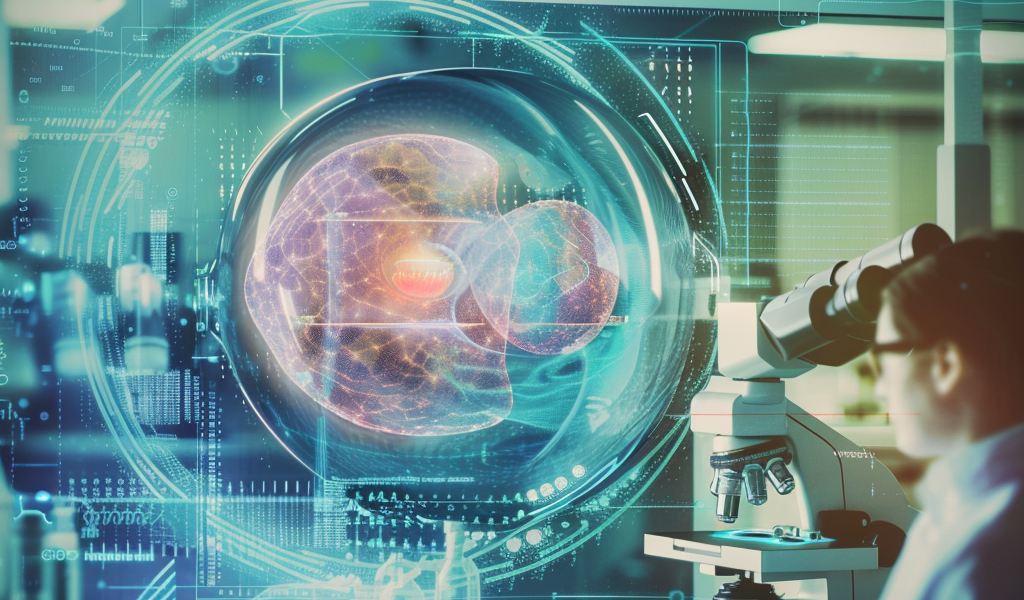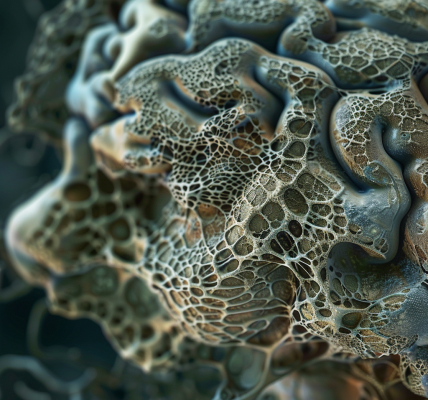A groundbreaking artificial intelligence (AI) system has been developed to enhance the assessment of in vitro fertilization (IVF) embryos, potentially revolutionizing the field of reproductive medicine. This innovative platform, named BELA, utilizes time-lapse video images of embryos alongside maternal age data to accurately determine the chromosomal status of embryos, marking a significant advancement in embryo quality evaluation.
Researchers at Weill Cornell Medicine recently published their findings in the prestigious journal Nature Communications. The study highlights BELA’s ability to classify embryos as either having a normal (euploid) or abnormal (aneuploid) number of chromosomes, which plays a critical role in the success rates of IVF procedures.
Unlike previous AI methodologies that relied on subjective evaluations from embryologists, BELA offers a fully automated, objective approach to embryo assessment. This system is designed to provide a more generalizable and reliable measure of embryo quality, which, pending further validation through clinical trials, could become a standard tool in reproductive clinics worldwide.
Dr. Iman Hajirasouliha, the study’s senior author and an associate professor at Weill Cornell Medicine, emphasized the advantages of this new technology. He stated, “This is a fully automated and more objective approach compared to prior approaches, and the larger amount of image data it uses can generate greater predictive power.” This indicates a promising future where AI can play a pivotal role in enhancing IVF outcomes.
The research team, led by doctoral student Suraj Rajendran, collaborated closely with Dr. Nikica Zaninovic, an associate professor of embryology and director of the Embryology Laboratory at the Ronald O. Perelman and Claudia Cohen Center for Reproductive Medicine. Their combined expertise has propelled this project forward, showcasing the potential of AI in clinical applications.
Traditionally, embryologists have relied on microscopic examinations to evaluate embryo quality. In cases where embryos appear normal but other factors, such as advanced maternal age, raise concerns, they may resort to preimplantation genetic testing for aneuploidy (PGT-A). This invasive procedure, akin to a biopsy, carries certain risks, prompting the need for less invasive alternatives.
In recent years, the integration of AI into embryology has gained traction, with experts exploring ways to automate and enhance the workflow. The development of BELA is a continuation of this trend, following previous studies that have successfully applied AI to improve embryo assessments.
The introduction of BELA could significantly streamline the IVF process, providing embryologists with a powerful tool to make informed decisions regarding embryo selection. By leveraging the capabilities of AI, the system aims to reduce the reliance on subjective assessments and improve the overall efficiency of IVF treatments.
As the field of reproductive medicine continues to evolve, the potential for AI-driven technologies like BELA to transform embryo assessment practices is immense. With ongoing research and clinical trials, the hope is that such advancements will lead to higher success rates in IVF and ultimately bring joy to families seeking to conceive.
In conclusion, the emergence of BELA represents a significant milestone in the application of AI within reproductive health. Its ability to provide objective, data-driven assessments of embryo quality could change the landscape of IVF, offering new hope to those facing fertility challenges.





